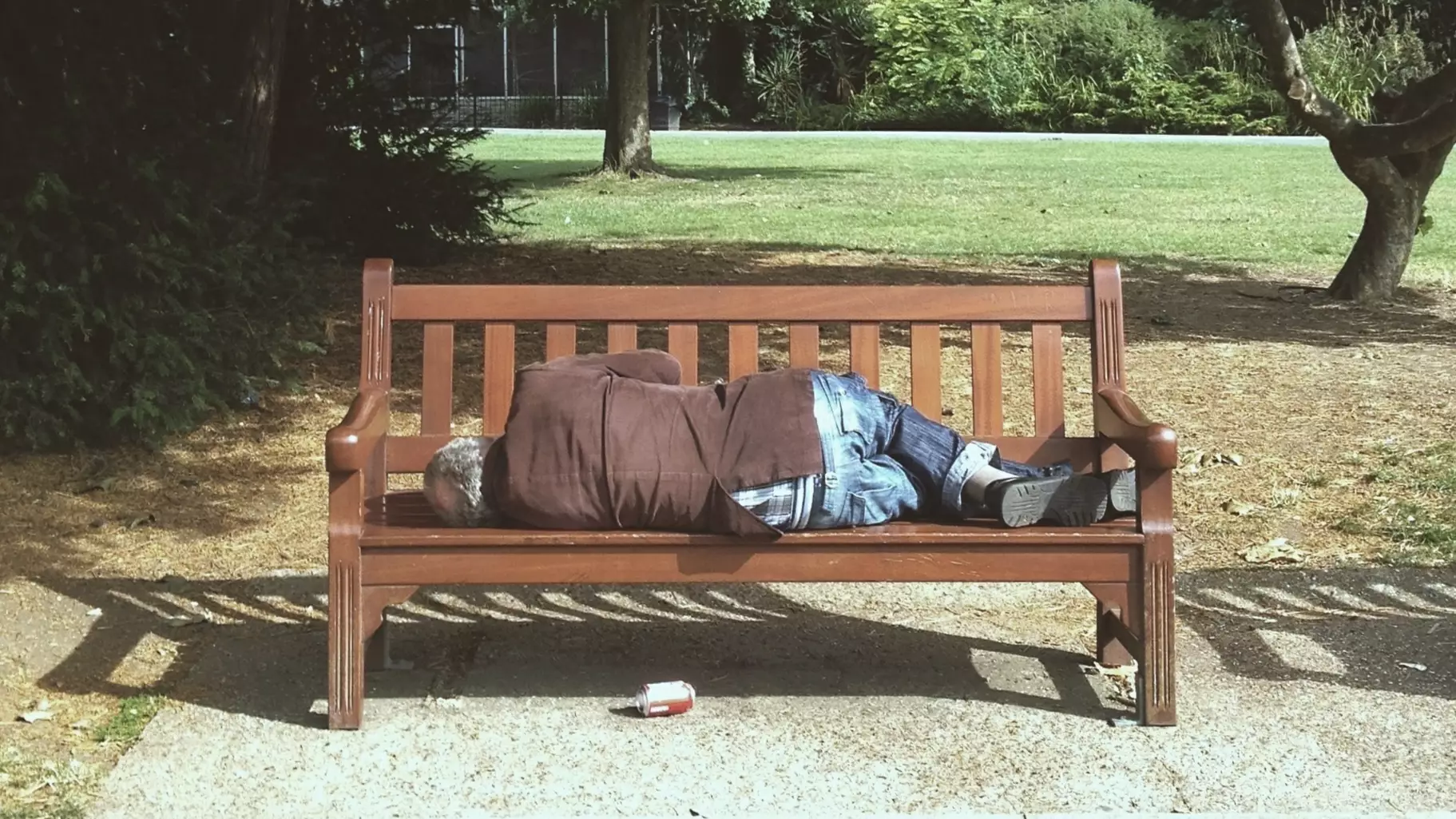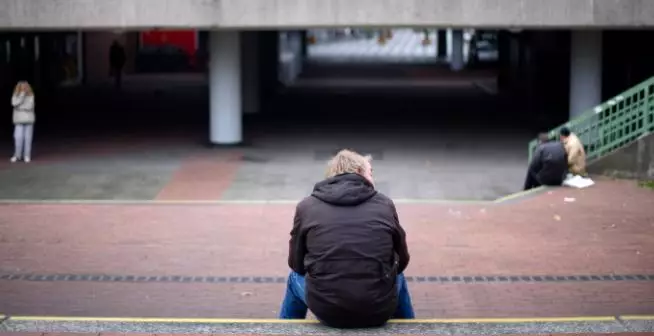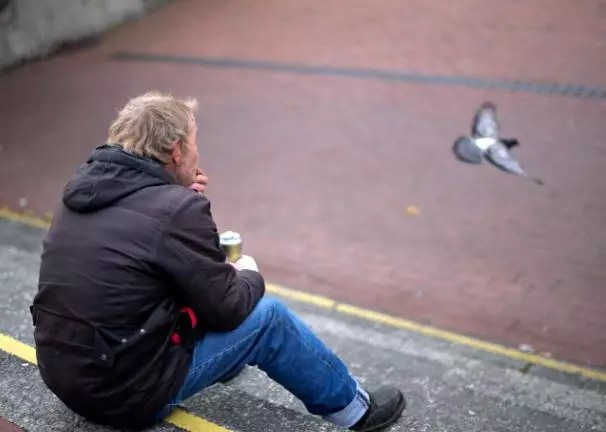
London's homeless community are being refused end-of-life care, according to a study released today.
The Palliative Medical Journal has published findings that suggest that homeless people are being left to die in hostels instead of hospices due to a lack of care from the community.
The study, carried out in conjunction with Marie Curie Palliative Care researchers based out of University College London, found that the homeless are more likely to die young, suffer from addiction-related health issues and more likely to have mental health problems.
Because of their lack of a permanent address, many desperately ill homeless people were slipping through the cracks and thus dying in hostels rather than hospices.

Credit: PA
Advert
Dr Caroline Shulman, who led the research team, said that one homeless shelter had reported a 40 percent rise in deaths in the year just gone, but also that the NHS was struggling to track those who needed vital end of life care.
"Unfortunately, as health services do not routinely record when people are homeless it is very difficult on a local or national scale to know how many are dying without the care and support they need, although we do believe that it is a huge and growing issue," she said.
"Hostels provide temporary accommodation. They are not designed to meet the needs of seriously or terminally ill residents. Hostel staff often struggle to secure additional support from social services or palliative care services for their residents who have complex problems."
One incident in the report that was particularly shocking involved staff in a homeless hostel having to check three times a night to see if a homeless woman needed to be rushed to hospital. Hostels are often understaffed, particularly at night and on weekends.

Credit: PA
Advert
The Care Quality Commission (CQC), which regulates the provision of health and social care services in the United Kingdom, is continuing further investigations into the findings of Dr Shulman's report.
CQC Inspector Professor Steve Field told the Evening Standard: "As a GP, I have seen how the lack of appropriate and sensitive services can mean that homeless people are denied the compassionate healthcare, dignity and respect that they deserve at the end of their lives.
"This research makes it clear that by working together, healthcare services and the wider system - such as housing, social services and the charity sector - have a vital role to play in improving the quality and co-ordination of care for homeless people as they reach the end of life.
"In the coming months CQC will be publishing a detailed report making recommendations on how we as a society can meet our responsibility to the most vulnerable people in our communities who are currently being let down at a time when they need help and support the most."
Sources: The Evening Standard & The Palliative Medical Journal
Featured Image Credit: Creative Commons